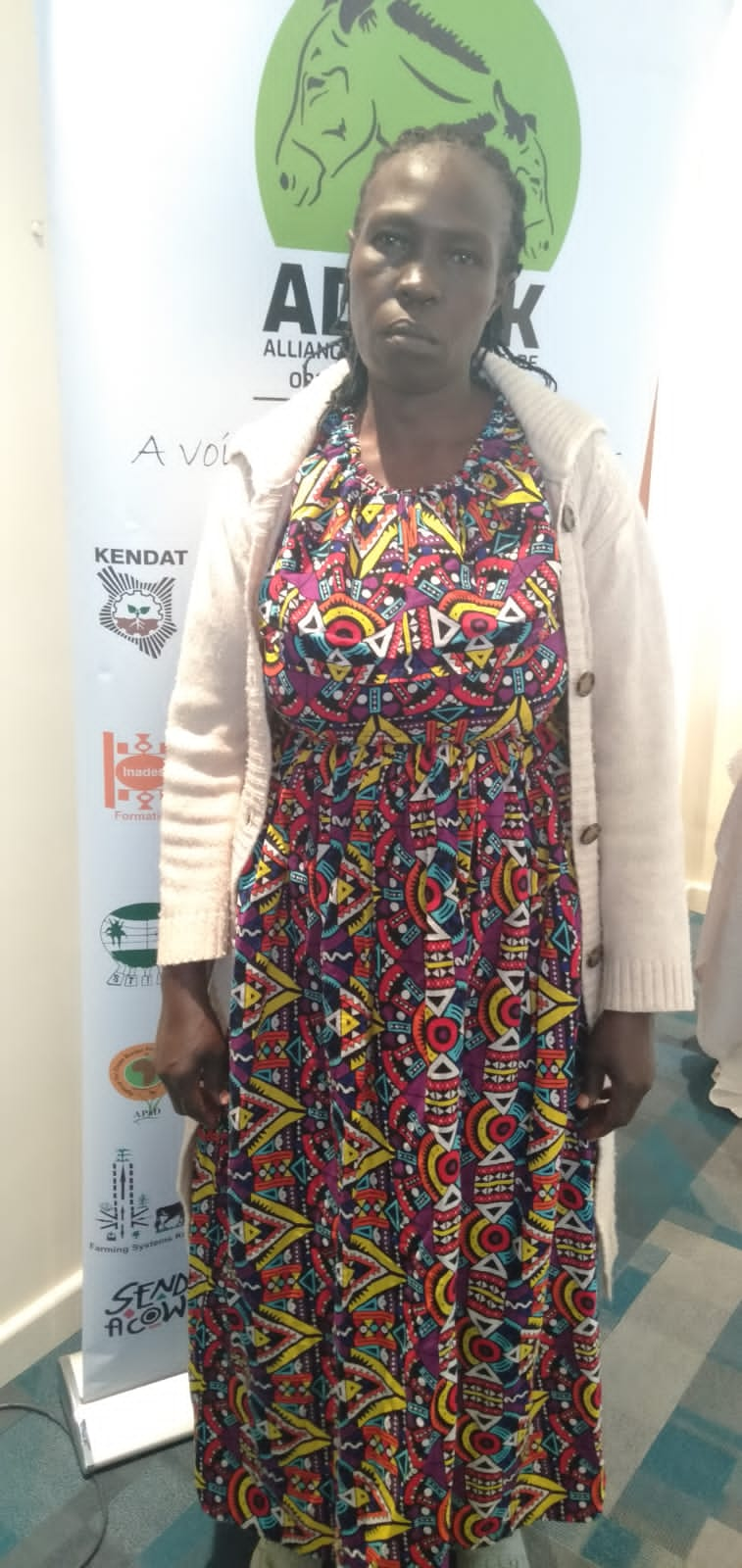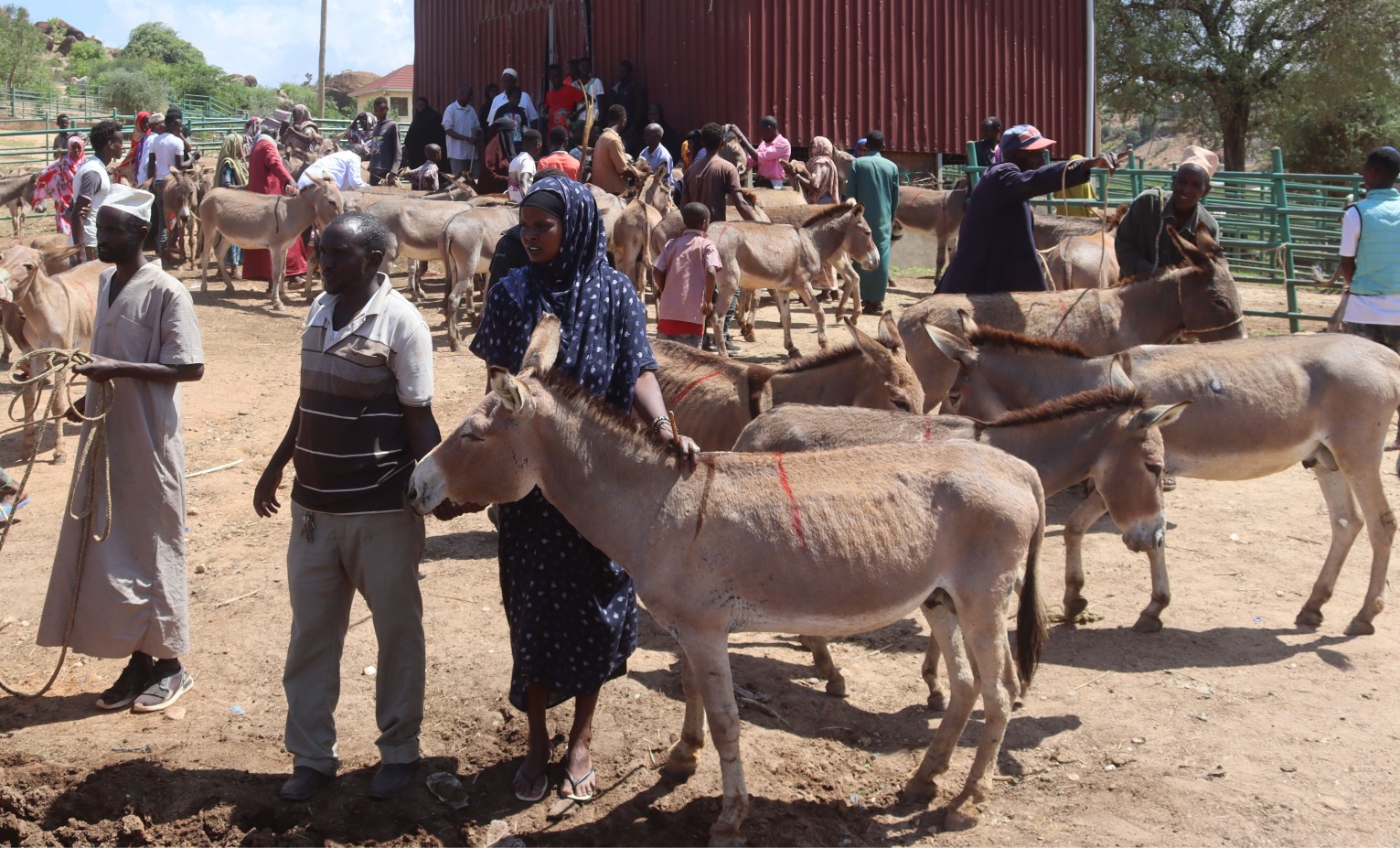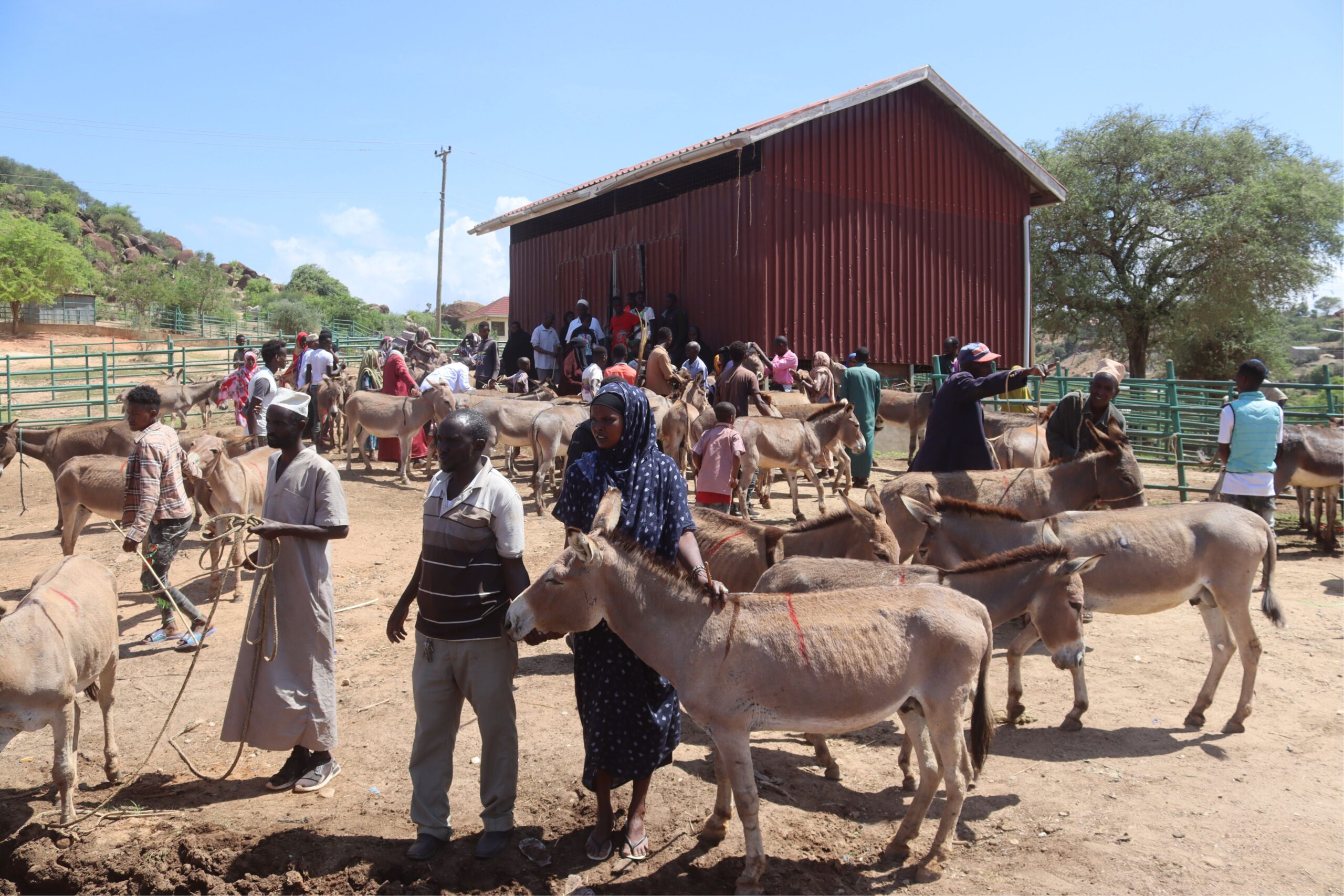By Lenah Bosibori
Nairobi, Kenya: In February this year, Winfridah Mikae, a resident of Utawala in Nairobi, had a stable livelihood for herself and her family, she owned three donkeys that were her main source of income after one was stolen in 2022.
However, her hopes were shattered when tragedy struck, leaving her in a state of despair. In a heart-wrenching turn of events, all four of Mikae’s beloved donkeys were stolen, leaving her robbed of her primary source of income.
Today, Mikae finds herself in a desperate situation, forced to beg for survival as she grapples with the aftermath of this devastating loss.
When I met her at a recent media workshop organized by Alliance for Donkey Welfare Organization in Kenya (ADWOK) together with the Association of Donkey Owners in Kenya (ADOK) Mikae could not hold back her tears as she narrated her current situation without her donkeys.
“My donkeys were my main source of income, I don’t know how I will feed my family, I haven’t paid my rent for three months, ” says Mikae.

As a casual laborer relying on the donkeys, this loss has left Mikae and her two casual boys in a state of financial uncertainty. With her rent unpaid for three months and school expenses for her children, including one set to join the university in September
Mike’s plea for assistance highlights the harsh realities faced by vulnerable individuals, especially women in the community who rely on donkeys for transport and other homestead jobs.
Mikae’s case is one that has led ADWOK and ADOK to call for the cessation of plans to reopen mass donkey slaughterhouses in Kenya that may lead to a total vanish and increased theft of donkeys from farmers like Mikae.
“We, donkey-dependent communities and stakeholders are greatly alarmed by the statement issued in public on 17th June 2023 by the Cabinet Secretary, Ministry of Agriculture and Livestock Development, Hon. Mithika Linturi during a meeting in Baringo, hinting at the reopening of mass donkey slaughter in Kenya,” read ADWOK statement.
The lobby groups united to demand the Minister not reopen the slaughterhouses citing that it is bad for the donkey and Kenya’s economy and does not in any way provide long-term job creation.
According to them, women’s and children’s livelihoods will suffer the most as donkeys are livestock and have played a critical role in community livelihoods as working animals supporting household chores and often working to earn users an income.
Linturi in his statement sought that reopening of the mass donkey slaughterhouses will address unemployment, a situation the lobby disagreed with. “We dispel the misconception that mass slaughter will address unemployment.
According to 2019 research conducted by the Kenya Agricultural and Livestock Research Organization (KALRO) on the “Status of Donkey Slaughter in Kenya and Its Implication on Community Livelihoods,” the study revealed that each working donkey in Kenya generates an average of KES. 11,390.00 (100 USD) Per month and support up to seven family members.
According to the same report, over a span of three years (2016–2018), the four donkey abattoirs located in Nakuru, Baringo, Turkana, and Machakos counties in Kenya decimated 301,977 of the country’s donkey population, accounting for 15.4%.
The annual mean rate of donkeys slaughtered (5.1%) was five times higher than the annual donkey population growth rate (1.04%). If the trade had continued, Kenya would have completely depleted its donkey species by this year.
The donkey population in Kenya has plummeted from 1.9 million in the 2009 census to 1.1 million in the 2019 census.
The research further revealed that the four slaughterhouses employed 657 workers. With a daily wage (KES 423) and the opportunity cost of giving up donkeys was made.
A comparative analysis between the value of donkey meat/hide exported and the income foregone from working donkeys between 2016 and 2018 revealed that over 300,000 donkeys were slaughtered, generating gross revenue of Ksh. 1.82 billion from donkey meat and skins.
However, if only 25% of the slaughtered donkeys were working donkeys, the foregone income amounted to Ksh. 28.3 billion.
“Tanzania, Uganda, Botswana, Burkina Faso, Niger, Mali, Senegal, Cot d’Ivoire, Ghana, and Nigeria banned donkey slaughter on various dates and Kenya banned slaughter in 2020. All these countries have had negative experiences with the slaughtering of donkey’s exploitation and non-compliance of law and government directives, by investors,” read the statement.

In December of last year, a Pan African Donkey Conference hosted by AU-IBAR in Dar-es-Salaam, Tanzania, resolved to urge all governments, based on the available evidence of the alarming decline in donkey numbers on the continent, to impose a ban on donkey slaughter and skin trade for at least the next 15 years.
Donkey-owning communities have previously petitioned the government on multiple occasions, calling for a ban on the trade due to the resulting theft of donkeys.
The lobby further urged the Minister to call for a stakeholder meeting to better understand the plight of donkey welfare in Kenya and forge a sustainable way forward and requested him not to be derailed by politics and interests of the investors but to show.














